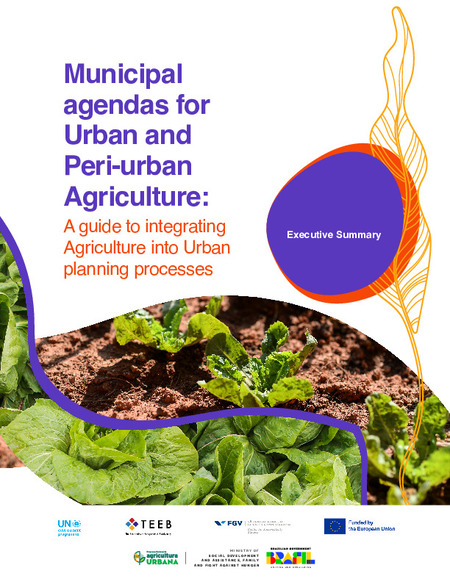Sustainable Urban Infrastructure Transitions in the ASEAN Region: A Resource Perspective

Date
2018Author
United Nations Environment Programme
International Resource Panel
Citation Tool
Bibliographic Managers
RT Generic T1 Sustainable Urban Infrastructure Transitions in the ASEAN Region: A Resource Perspective A1 United Nations Environment Programme, International Resource Panel YR 2018 LK https://wedocs.unep.org/20.500.11822/31582 PB AB TY - GEN T1 - Sustainable Urban Infrastructure Transitions in the ASEAN Region: A Resource Perspective AU - United Nations Environment Programme, International Resource Panel Y1 - 2018 UR - https://wedocs.unep.org/20.500.11822/31582 PB - AB - @misc{20.500.11822_31582 author = {United Nations Environment Programme, International Resource Panel}, title = {Sustainable Urban Infrastructure Transitions in the ASEAN Region: A Resource Perspective}, year = {2018}, abstract = {}, url = {https://wedocs.unep.org/20.500.11822/31582} } @misc{20.500.11822_31582 author = {United Nations Environment Programme, International Resource Panel}, title = {Sustainable Urban Infrastructure Transitions in the ASEAN Region: A Resource Perspective}, year = {2018}, abstract = {}, url = {https://wedocs.unep.org/20.500.11822/31582} } TY - GEN T1 - Sustainable Urban Infrastructure Transitions in the ASEAN Region: A Resource Perspective AU - United Nations Environment ProgrammeUnited Nations Environment Programme, International Resource Panel UR - https://wedocs.unep.org/20.500.11822/31582 PB - AB -View/Open
Item Statistics
Display item statisticsMetadata
Show full item recordDescription
Drawing from the conclusions in the forthcoming global report of the International Resource Panel “The Weight of Cities: Resource Requirements of Future Urbanization” this regional report aims to support policy makers by delving into the specifics of the ASEAN member countries – their dense cities, economic growth characteristics, susceptibility to climate change impacts, high informality, relative political stability, and other characteristics – and shows a way forward that speaks to the opportunities and obstacles faced by regional leaders.
The report also links ASEAN concerns to global processes, such as the Sustainable Development Goals, Paris Agreement, and the New Urban Agenda. It stresses the importance of linking global, regional, national, and local action, recognizing the role of various levels of governance in ensuring sustainable urbanization. The bottom line is that building sustainable cities is not the job of local government alone.
Collections
Document Viewer
To read more, scroll down below.
Related items
Showing items related by title, author, creator and subject.
-
People’s Livelihood and Cities - Building Back Greener: Foresight Brief No. 026 August 2021
United Nations Environment Programme (2021-08)The livelihoods of urban residents are shaped by the complex relationship between environmental, social and economic issues affecting inhabitants of urban areas. There is a need for a global reset after the COVID-19 pandemic, ... -
The Weight of Cities: Resource Requirements of Future Urbanization
United Nations Environment Programme; International Resource Panel (2018)The report presents the first assessment of the resources required at a global scale for the coming wave of urbanization. Using material flow analysis, the analysis of urban form and city organization, the assessment of ... -
Municipal Agendas for Urban and Peri-Urban Agriculture: A Guide to Integrating Agriculture into Urban Planning Processes - Executive Summary
United Nations Environment Programme (2024-09)This document was developed in response to a demand from Brazilian municipalities for conceptual and methodological guidance. The central message of the Urban and Peri-Urban Agriculture (UPA) guide is to highlight the ...




